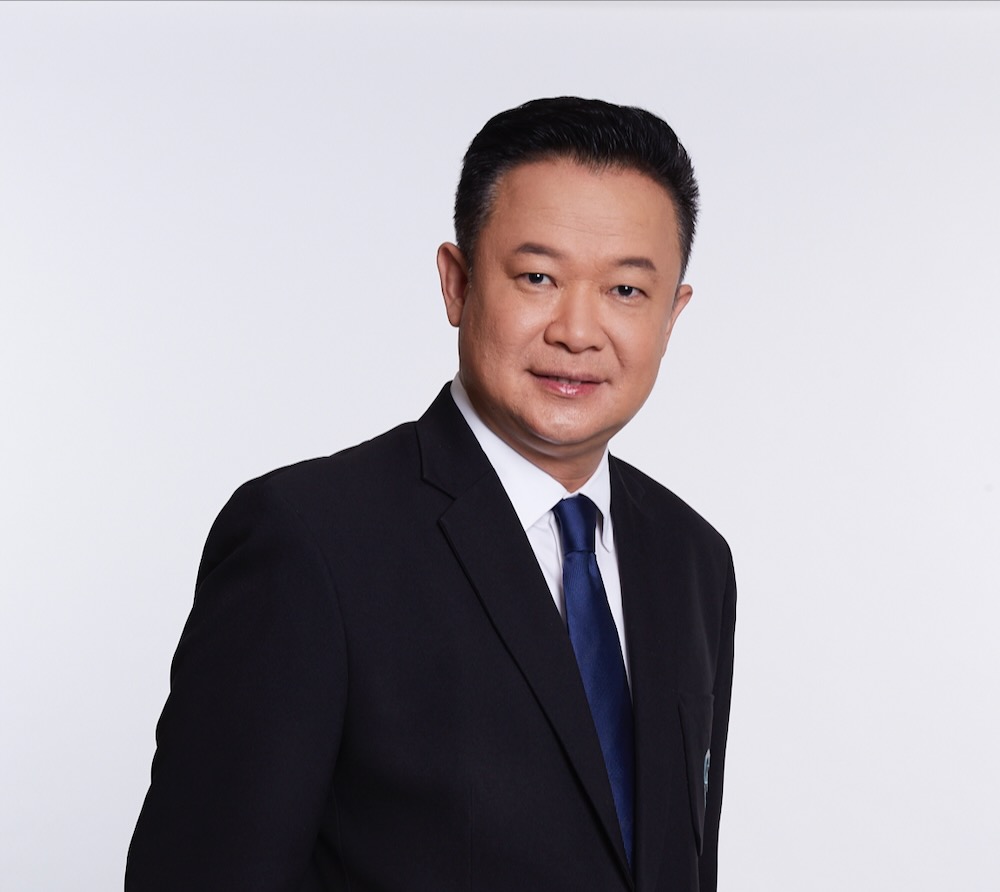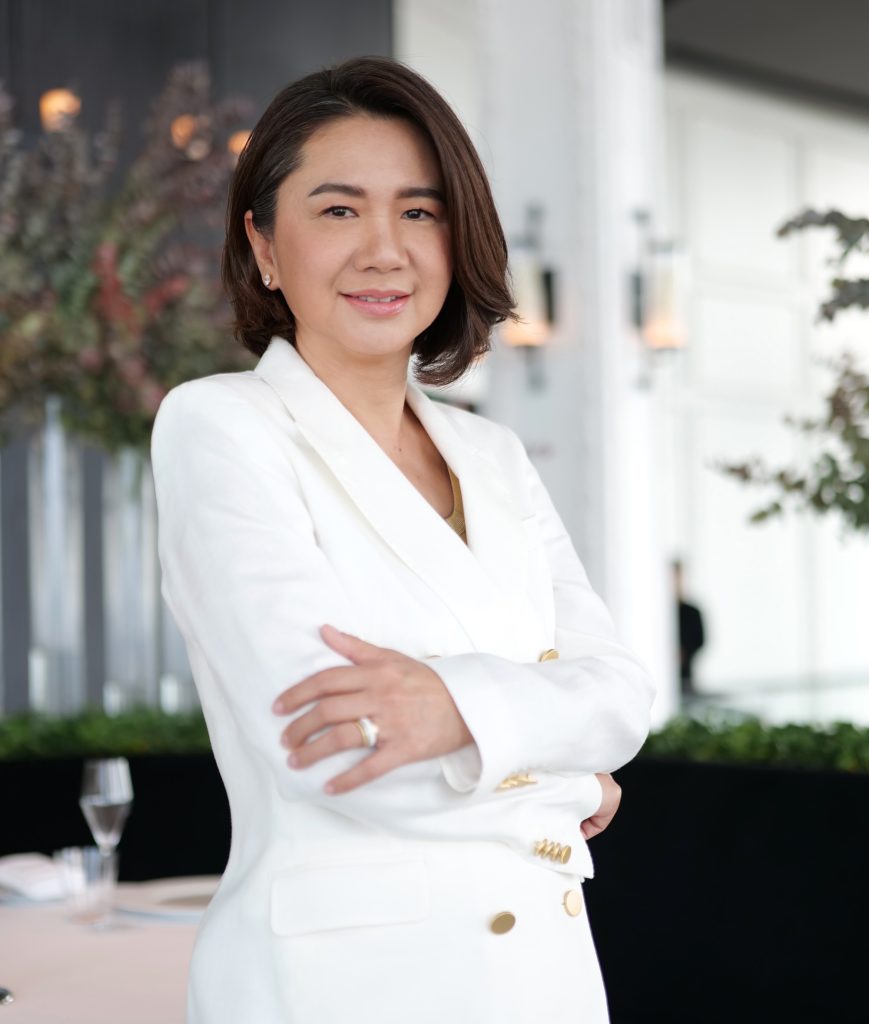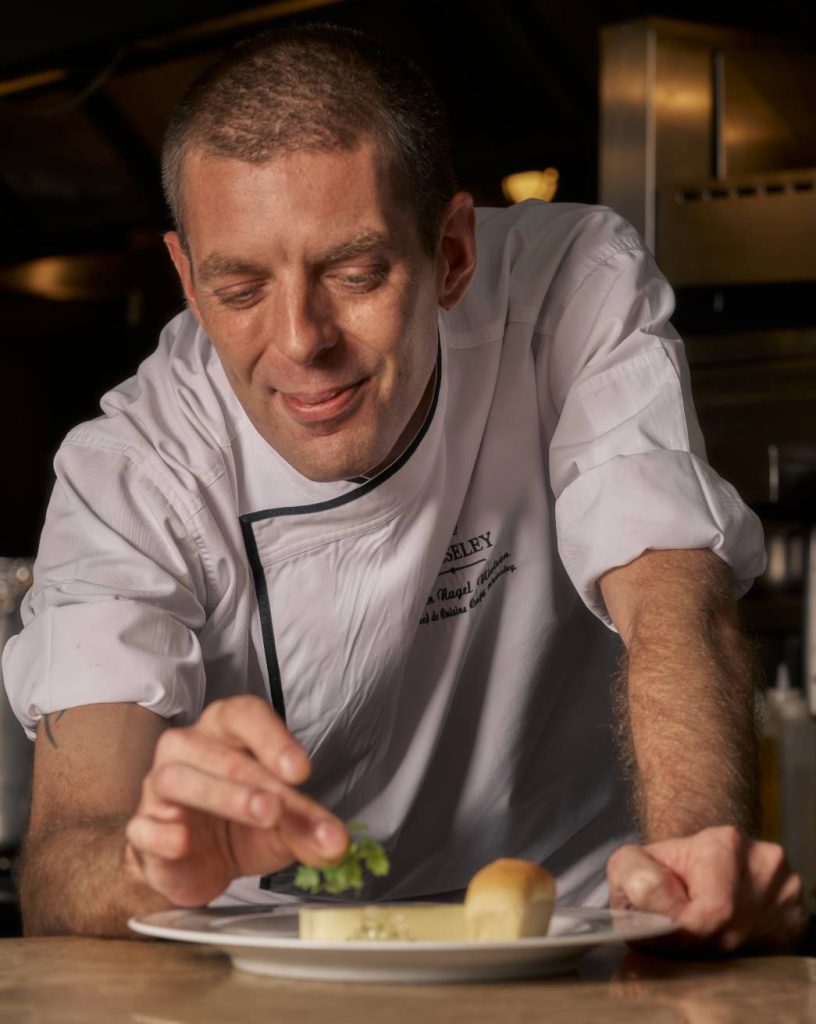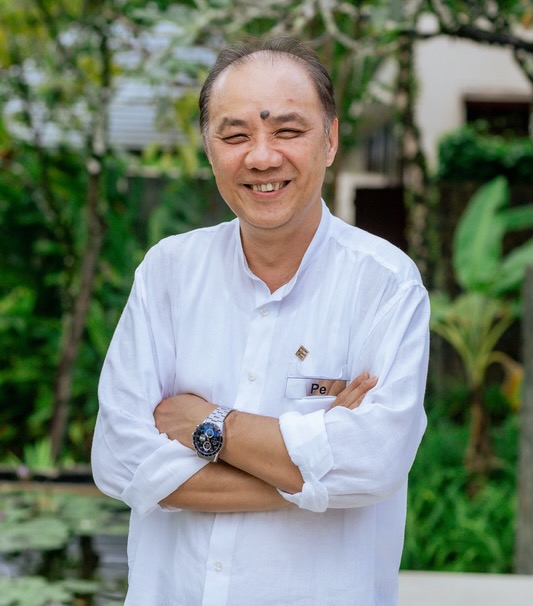As a long-standing trusted partner of the Tourism Authority of Thailand UK, The Luxury Editor’s, Ross Fraser, was invited to meet Mr. Yuthasak Supasorn, the Governor of Tourism Authority of Thailand at the UK agent roadshow in Glasgow earlier this month. This is Tourism Authority of Thailand first UK agent roadshow in 3 years which was hosted in both Manchester and Glasgow.
The significance of the roadshow was further amplified given that the Governor of the Tourism Authority of Thailand is retiring this year and his attendance was to be his final business trip to the UK.
As Governor of the Tourism Authority of Thailand, please tell us more about your role – and a typical day if such a thing exists.
No two days are the same which is an exciting part of the job! I spend a lot of time travelling around Thailand to meet stakeholders but also internationally to meet trade partners, media, and attend trade shows – the role is hugely varied which makes it extremely interesting.
When in the office in Bangkok there is usually a lot of paperwork to complete with many approval processes. I chair meetings, listen to the team, work with them to develop domestic and international campaigns and strategies. Whilst some days are spent in parliament, working on tourism protocols and securing budget for the tourism industry. As they say no two days are the same!
The Sustainable Tourism Goals initiative has been a key priority for you and Thailand is making impressive gains toward achieving these goals. Please tell us about the journey so far.
The UNWTO SDG initiative comprises 17 clear objectives including agendas such as poverty, education, equality and climate change (to name a few) as part of their 2030 agenda.
TAT’s commitment towards sustainable travel is in line with Thailand’s Bio-Circular-Green (BCG) Economic Model and the Sustainable Tourism Goal (STGs) which is in accordance with the United Nations Sustainable Development Goals (SDGs). TAT’s STGs strategy is to be implemented and rolled out across the Thai tourism sector in the run up to 2030. This will contribute to sustainability in four key areas including socio-economy, culture and the environment.
We are working with stakeholders across the Thai tourism sector to encourage them to act more sustainably. We are introducing a STAR system where stakeholders can earn 1 to 5 stars depending on how proactive they are in operating sustainably. They will be incentivized by TAT also and those with the highest STAR ratings given the best opportunities to work with and be supported by TAT, for example, attending international trade shows such as TTM and WTM. Businesses must show a proactive approach and commitment to sustainability. We have a list of over 2,500 suppliers, from accommodation to attractions, restaurants, tour companies and transport providers, who signed up to and qualified under TAT’s SHA program (Safety & Health Administration during Covid-19) and we aim to move them over to the new STAR program as leaders in tourism businesses who are striving to be the best.
If / how has the Covid-19 pandemic impacted TATs sustainability journey?
Covid had a huge financial and economic impact on governments and businesses – with less cash flow and sadly some businesses had to close completely. It has been difficult to fund sustainability practices – as they are not cheap and require a significant level of investment – businesses need cash flow again and in Thailand, this comes from tourism income.
Just as we were ruling out single-use plastics and turning a corner in terms of progress (some examples include; plastic being banned from national parks, and many hotels implementing waste management rules) then, for health reasons the use of masks and single-use items to minimise the spread of Covid came, the throwaway culture returned, however we are now returning to reduce, reuse and recycle mindset and importantly educating younger generations too and we are working hard to develop a new tourism ecosystem – one that is a resilient tourism industry with a focus on high-value travellers to whom sustainable tourism is important.
However, the Covid pandemic also created some positives too. In general, it has made many more people aware of sustainability issues and fast-tracked it to the forefront of conversation.
And a sudden global lockdown highlighted the issue of over-tourism and forced us to carefully consider how to re-start travel without overloading destinations again – it was the perfect time for tourism to reset.
We also noted positive changes in consumer behaviour, including a shift towards domestic travel (also good for economy and less dependency on international arrivals), which resulted in a switch from flying to train travel and a preference for nature-based experiences and outdoor activities, which can be considered more sustainable and also helps raise awareness of environmental issues.
Covid also presented opportunities for innovation in sustainable tourism practices, such as the use of technology for virtual tours and experiences which engages a younger audience who are addicted to technology!
Thailand is a beautiful and diverse country offering visitors from all over the world an array of experiences, how important is the luxury market to Thailand?
The luxury market is very important to Thailand. It is key to our high value strategy, welcoming visitors who stay longer and spend more in the economy and community.
Thailand offers so many amazing luxury experiences from hotels and spas to a new seaplane service, Siam Seaplane, Michelin star dining and the world class hospitality and service with a Thai smile that elevates the luxury experience in Thailand.
Luxury for less is also important to us. Thailand offers such good value for money that there is an amazing range of affordable luxury hotels and experiences as well as the typical luxury offers for HNWIs making extra special holidays more accessible for travellers – for example, that is why we are such a popular honeymoon destination.
And how do you foresee the luxury travel market supporting Thailand’s Sustainable Tourism Goals?
There are so many luxury hotels in Thailand that they are key to the strategy.
Luxury travel can play a crucial role in supporting sustainable tourism practices by promoting responsible tourism, environmental stewardship, and community development. Luxury travel providers have the opportunity to lead by example and set the standards for sustainable tourism practices in the industry.
We have a lot of big global brands investing in Thailand e.g. Four Seasons as well as wealthy investors building luxury boutique hotels who have the funds to invest in education and development and lead the way in improving infrastructure, operations and training for staff to ensure sustainable practices.
They have the opportunity to employ more staff too – bigger hotels generally require more staff but also smaller boutique hotels employ higher numbers of staff to ensure the best hospitality experience which creates more job opportunities in local communities.
Providing philanthropic opportunities is also a key area that the luxury sector can support. For example, luxury travel providers can create opportunities for travellers to participate in philanthropic efforts, such as supporting local schools or community projects, or contributing to environmental conservation efforts.
What is new and cool in Thailand?
There are lots of new hotels across the country from trendy brands like The Standard to luxury names such like Four Seasons and many independent boutique hotels too – so much choice.
The Michelin Guide – is great for exploring Thai cuisine and sampling high-quality international food – from fine dining to street food the Michelin Guide is showcasing new areas and ways to explore Thailand. This year we’ve been promoting the easter region of Isan and next year we will launch Koh Samui to join Bangkok, Chiang Mai, Phuket and Phang Nga guides.
Wellness is a big focus. More of us are health-conscious and Thailand has always led the way in wellness tourism and spas. With many new resorts recently opening including Rakxa Bangkok and Aleenta Chiang Mai (read our guide to the best luxury hotels in Thailand here). From spas to wellness, yoga retreats, and medical tourism – Thailand is the perfect destination for health and rejuvenation with new retreats for post Covid health recovery and mental health.
We have also partnered with Netflix to launch thailandtravelmap.com which is a really fun way to explore Thailand through your favourite Netflix shows and of course, Thailand is a popular destination for many reality TV programs such as The Only Way is Essex, Married at First Sight, Real Housewives and The Bachelor and we have more film crews coming to Thailand this year so watch your screens! The White Lotus is rumoured to be filming series 3 in Thailand which is really exciting.
Luxury is a highly subjective term – what does it mean to you personally?
For me, luxury is ‘time for yourself’. In a fast-paced and busy world, we rarely find time to nourish ourselves. Time to relax, enjoy my hobbies, spend time with my family and travel and experience new things is my greatest luxury.
You are retiring this year – what legacy will you leave?
My legacy will be the Sustainable Tourism Goals. I am proud of what we have achieved so far and I very much look forward to watching the tourism industry in Thailand, particularly from a sustainability perspective, grow and flourish.
Finally, what is your life motto? If you have one.
Firstly, have courage and be kind. And have the courage of your conviction – you may encounter many defeats in life but don’t be defeated – always ensure you learn from your mistakes.




